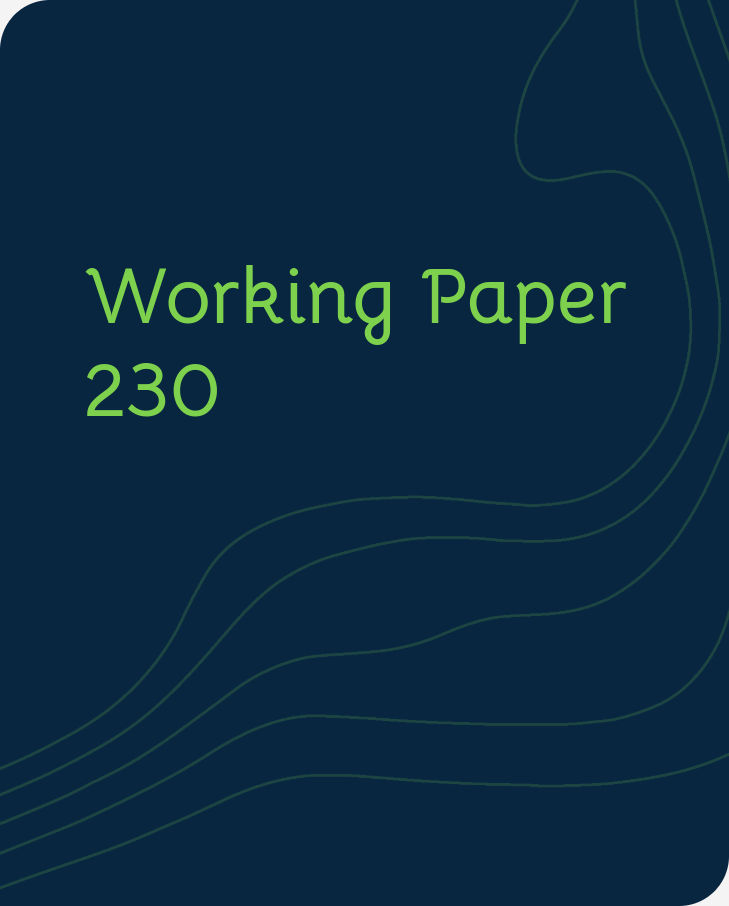Publication
Transition Report
Reform progress and transition indicators
Who we are
Overview: about the EBRDWho we are
Overview: about the EBRD
Learn about the EBRD's journey to investing more than €220 billion in over 7,800 projects.
What we do
Overview: how the EBRD operatesWhat we do
Overview: how the EBRD operates
Through projects, business services and involvement in high-level policy reform, we're doing more than ever before.
Work with us
Overview: how you can work with the EBRDWork with us
Overview: how you can work with the EBRD
We draw on three decades of regional knowledge and financial expertise to tailor our products and approaches to each client's needs.
July, 2019

By Shuai Chen, Paulina Oliva and Peng Zhang
This paper looks at the effects of air pollution on migration in China using changes in the average strength of thermal inversions over five-year periods as a source of exogenous variation for medium-run air pollution levels.
Our findings suggest that air pollution is responsible for large changes in inflows and outflows of migration in China. Specifically, we find that a 10 percent increase in air pollution, holding everything else constant, is capable of reducing population through net outmigration by about 2.8 percent in a given county. We find that these inflows are primarily driven by well-educated people at the beginning of their professional careers, leading to substantial changes in the sociodemographic composition of the population and labor force of Chinese counties. We also find strong gender asymmetries in the response of mid-age adults that suggests families are splitting across counties to protect vulnerable members of the household. Our results are robust to different specifications, including a spatial lag model that accounts for localized migration spillovers and spatially correlated pollution shocks.
For media enquiries related to this working paper, please contact Ksenia Yakustidi, Media Adviser at the EBRD’s Office of the Chief Economist
YakustiK@ebrd.com
All Working Papers
The Working Paper series seeks to stimulate debate on transition in the EBRD regions.
